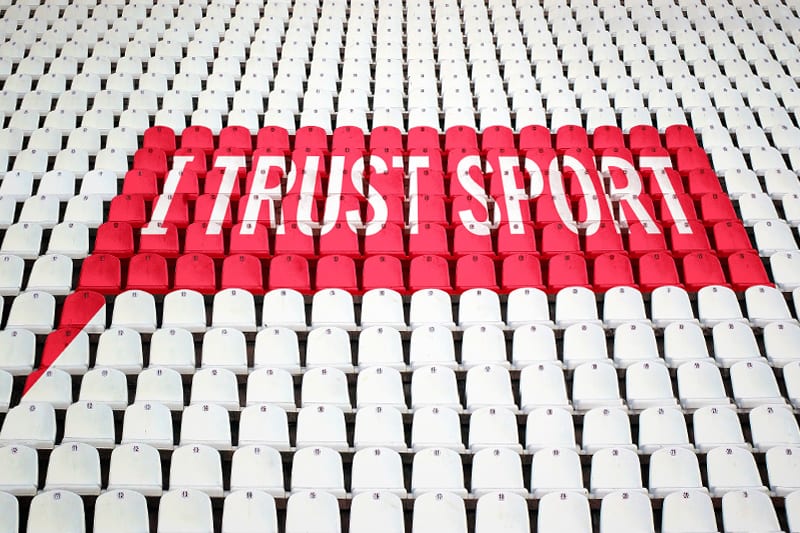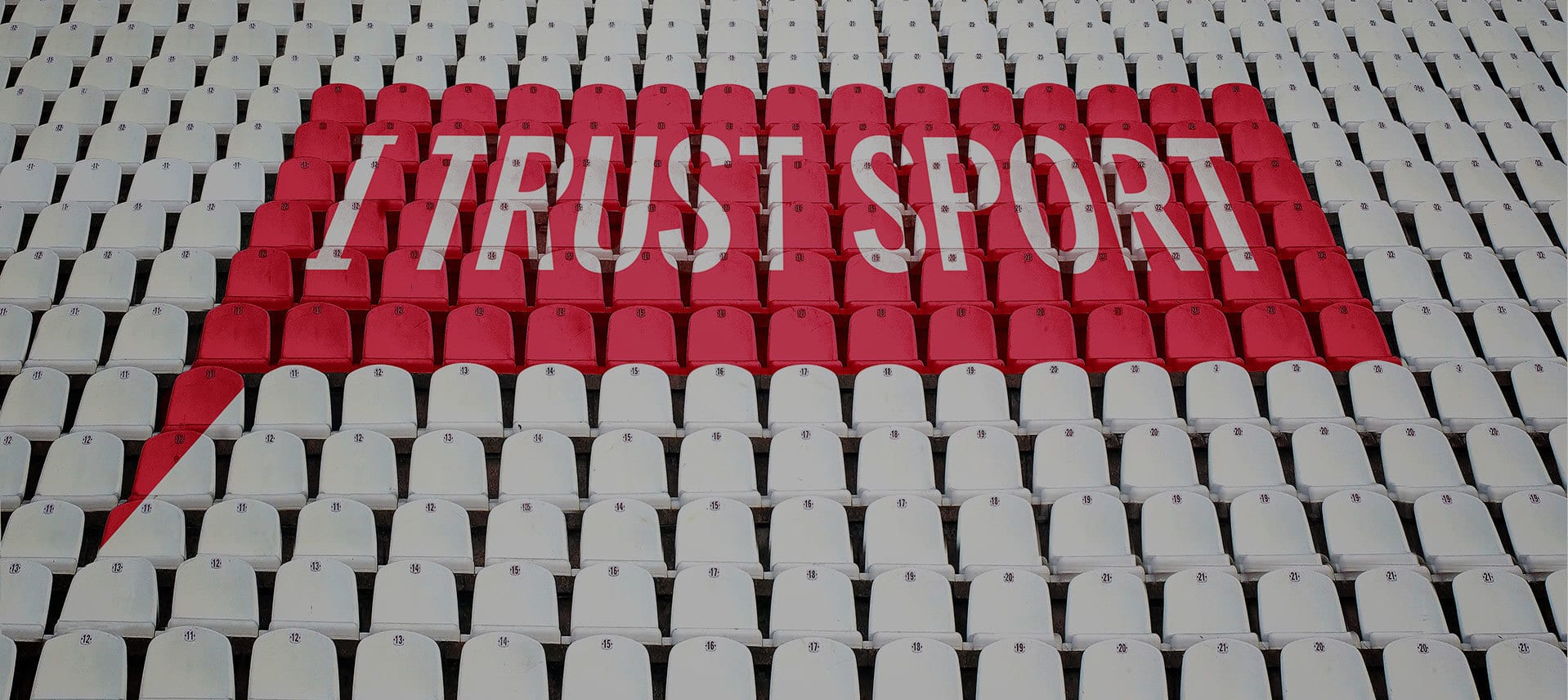As a new season of league football gets underway across Europe, media coverage echoes the familiar themes from previous years: grand ambitions, recriminations, players looking for greener grass. In 2013, however, the topic of match-fixing is more prominent than ever before.
At the time of writing, football clubs in Turkey, Romania and Ukraine have been barred from UEFA competition following changes to UEFA’s disciplinary regulations.
In recent weeks there have been news reports of investigations into nine Spanish league games played last season, a case from Italy in 2011 and by Europol regarding the involvement of organised crime.
It was in February that Europol announced 380 matches at various levels had been identified as suspicious. In the same month 33 players and officials in China were banned for life as a result of a three year probe. High profile cases have come to light since 2011 in numerous other countries from South Africa to South Korea.
Match-fixing in sport is by no means new but this flurry of cases provides evidence of a very serious issue which was under-recognised until a few years ago. Sadly, it is now normal for fans and authorities to be suspicious whenever there is an unexpected result or even an unusual incident in a game.
Investigative journalist Declan Hill, independent research centre Play the Game and others have played significant roles in highlighting the prevalence of match-fixing over a number of years. It is partly thanks to their work that some serious measures have been put in place in an attempt to tackle the issue.
Positive steps include the development of software tools such as Early Warning System GmbH (owned by FIFA) and International Sports Monitoring GmbH (founded on behalf of the IOC), which analyse mountains of betting data to look for signs of suspicious activity. The gambling industry, which should have a strong incentive to prevent match-fixing, is also involved in various educational initiatives.
In addition, FIFA has signed a long-term deal with Interpol to provide education programmes about the risks of manipulation in football and to support national authorities with their investigations. Last week it was announced that there will be a joint FIFA-Interpol Integrity in Sport Seminar in Russia later this year.
All of these measures have their critics. It will take much more international co-operation and political effort before serious observers will be satisfied that the threat to the integrity of sport has been reduced.
For now, the regrettable fact that match-fixing has become recognised as an everyday phenomenon in football, cricket (with live cases in both the Indian Premier League and Bangladesh Premier League) and other sports is the best hope that professional sport has of avoiding the “slow death” which Declan Hill predicts as the outcome in some countries.


